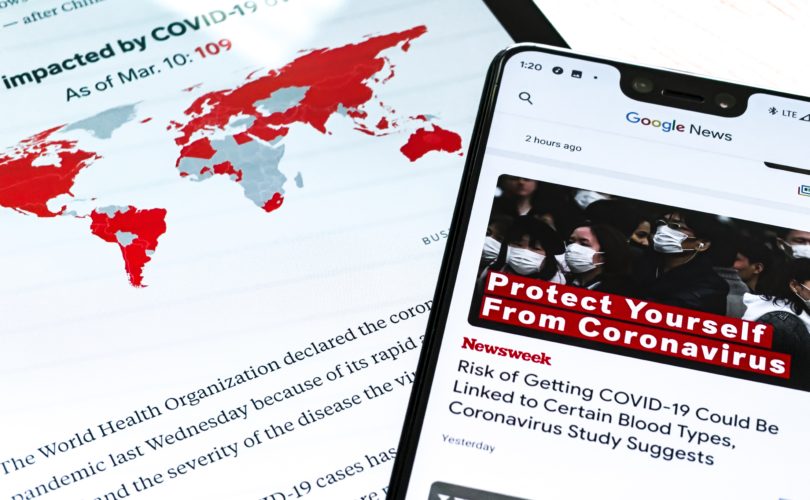There are some anxieties so universal, so essential to the human condition, that we might call them the root of what drives all of our other anxieties. Existential psychotherapist Irvin Yalom identified 4 such anxieties: death, responsibility & freedom, isolation & connection, and meaning. This is part 2 of a 4 part series exploring each of them with my own reflections and how they connect to our resilience. You can find part 1 here
The problem of freedom
In a culture so oriented toward freedom, it hardly seems probable that the independence we so cherish and enjoy would be the source of any anxiety at all. After all, isn’t being the master of one’s fate and captain of one’s soul after the spirit of William Earnest Henley’s poem Invictus the pinnacle of human achievement? Why should the possibility of taking the helm be cause for any distress at all much less, the sort that shakes the foundation of our sense of who we are in the world?
Actual freedom is something we rarely if ever encounter. Confronted with endless possibility, we would be left disoriented and overwhelmed. It’s true whether we’re buying a car, choosing a mate, or deciding on a career. Things like cost, proximity, and interest provide natural limitations that ease the anxiety brought on by choice. If you’ve ever been overwhelmed by an overabundance of choices, you have a microcosm of the groundlessness of actual freedom. And it comes at a price too.
With endless possibility comes endless responsibility and that is a weighty thing indeed. We like the spirit of Invictus, the idea of that degree of autonomy is attractive, but we balk at the prospect of charting the course when charting the correct one is all on us. And of course, at the end of the day we also crave structure, rhythm, predictability and those things naturally contain limitation.
Responsibility
The very word responsibility conjure up images of unpleasant demands for many. For my part, my earliest memories of the word are connected with having to put my toys away rather than play with them, do dishes, or fold laundry; all rather unpleasant diversions when one is about the important business of being a kid.
In this sense, responsibility might seem to be something of the antithesis of freedom. Once again I would say we are stuck in a definition that keeps us from really engaging the core of this concept. The ability to respond, literally response-ability, implies a certain level of control, capacity for choice. In the sense in which Yalom elucidates it, responsibility is the core human capacity for authentic choice and to show up and take action in one’s own life.
When things go awry
The relationship between freedom and responsibility can be described as our ability to both accept the natural and self-imposed limitations in our lives and to choose and act within their bounds. What happens when we don’t explore this dynamic internally and confront the discomfort this tension can produce?
- Compulsivity
- Paralysis within one’s life
- Learned helplessness
- Constant rule by the “shoulds” of one’s life, common to the busyness of modern American life
Many of our anxieties as they present in our everyday life, stem from our inability to confront the reality of this tension. We yearn for freedom, but the groundlessness of it is disorienting and the weight of it crushing. We surrender our ability to respond to our own lives, outsourcing the responsibility and our autonomy to the conditions around us.
Resilience & the will
It is nearly taboo to speak of responsibility and will among mental health professionals. It’s not without good reason. Many of our clients have encountered stigma and shame that what they experience is a character deficit. Many of the people I treat from religious backgrounds have been taught either implicitly or explicitly that their mental illness is a lack of faith or the sign of hidden sin.
To be sure however, we miss a lot when we leave out this part of a person’s experience with their struggle. One of the major grievances I have with those of a more traditional psychoanalytic or behaviorist orientation is the deterministic view with which they approach the client. There are systems and conditions and social realities in play for every person; but let us not miss the person!
Existential psychotherapist Kirk Schneider frames the implicit question with which the therapist approaches each client this way: given all the natural and self imposed limitations, how is the client willing to live?
Resilience is about more than increasing our window of tolerance or becoming more adaptable. It’s also about empowering people to show up in their own lives, and that requires the cultivation of will.
Responsibility is not something that we are freed from, it is something that we are freed to: the ability to respond to our lives. Will is not merely mental muscle, it’s our ability to show up. It’s our capacity for authentic choice. True resilience encapsulates these things as well

